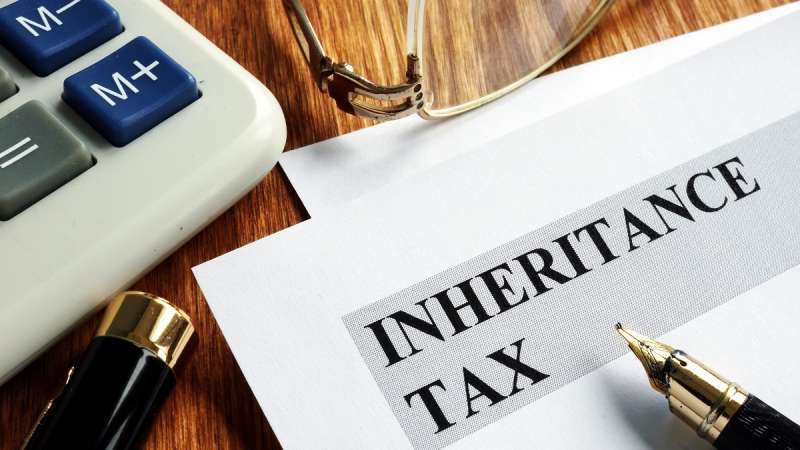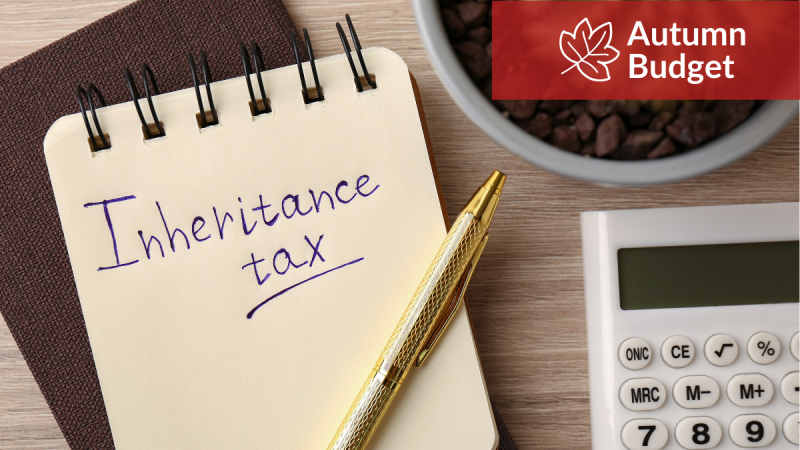
In the run-up to the election, Labour said there would be no tax rises on 'working people' and pledged in their manifesto not to increase Income Tax, National Insurance, or VAT.
With the recent £22bn 'black hole' announced in public finances, the Chancellor has said that taxes will need to be increased in the October Budget (due on 30 October 2024).
Our Wills, Trusts and Probate Lawyers look at the speculation surrounding what taxes may change that could affect people's estate planning.












